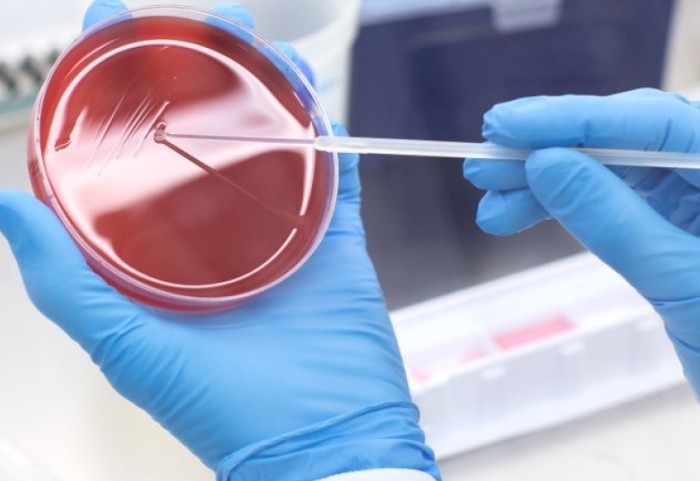Microbiome Science Hub Unfolds “Innovation Through Collaboration”

Imperial College London has launched a new Industry Club to stimulate microbiome-based innovation through university-industry collaboration.
Imperial’s Microbiome Network launched its Industry Club on 12 October 2021 with an online launch event. The new Industry Club aims to tap into the growing microbiome market, which has increasingly attracted investment from government-funded programs, venture capital, and industry alike.
With more than 70 principal investigators spanning three faculties (Medicine, Engineering, and Natural Sciences), the Microbiome Network at Imperial aims to forge a focal point where members plug in to build the institutional research capacity and create synergies for innovation.
"The idea behind the inception of the Microbiome Network is to scaffold interdisciplinary research and foster knowledge exchange," says Prof Marc-Emmanuel Dumas, Founding Director of the Microbiome Network and Chair in Systems Medicine.
The Industry Club Launch
The Industry Club aims to foster the development, standardisation, and application of microbiome-based technologies. The cross-fertilisation of knowledge within the club may come in multiple forms of company engagement, including sponsored research and studentships, joint-funding proposals, workforce training, staff recruitments, and more.
The future is microbial Dr Sven Sewitz Director of Biodata Innovation, Eagle Genomics
The launch event drew international, top-tier speakers to discuss the talent and technology of the microbiome landscape. Pharmaceutical companies like AstraZeneca, Roche, and 4D Pharma, for example, emphasised the potential the microbiome field has as a drug discovery engine. As Product Manager at NatureMetrics, Dr Lewis Campbell spoke about the possibility of using DNA shed from the microbiome to monitor biodiversity in the environment. Pietro Spanu, Professor of Molecular Plant Pathology, shared the breadth of microbiome research carried out at Imperial within the scopes of agriculture and energy.
Multidisciplinary Research
“A place like Imperial College London, with a wealth of expertise and its partner hospitals, can bring basic science to bear in clinical studies because it takes a multidisciplinary approach to lead the way forward,” says Dr Mike Romanos, co-founder and Chief Executive of Microbiotica Limited, who also contributed to the event.
Julian Marchesi, Professor of Digestive Health and Founding Director of the Microbiome Network, added, “Imperial is very well-placed to team up with industry because we have an active, progressive link between clinicians and basic scientists to deliver trials and collect samples for biobanks."
“We have a strong history of convergence science, working with Bioengineering, Chemical engineering, and The Data Science Institute to help us understand the complex microbiome systems and move us from bench to bedside towards patient benefit,” added Professor Marchesi.

Best Practices and Standards
Interdisciplinary sessions on the variability and complexity of microbiome research fed into discussions on how credibility can be ensured across domains. Dr Chrysi Sergaki, the Interim Head of the Microbiome section at the MHRA, reflected how reference agents used in microbiome research should reach “global harmonisation.”
As an MHRA Pharmaceutical assessor, Mr Simeon Gill disclosed the need to assume anticipatory thinking and involve regulatory bodies early in the stages of research.
The aim of the Microbiome Network to implement best practices and standards highlights the co-production of science, business, and health policy. In the upcoming years, members of the Microbiome Industry Club will be working together to develop and test solutions for the challenges faced in the microbial world, such as agreeing to standards with regulators, engaging with the community on the potential of microbiome science, and unlocking novel ways of helping patients, species, and environments around the world.
Innovation at Imperial
The Microbiome Industry Club is one of many innovation clusters that Imperial offers to help translate academic technologies into commercial projects and start-ups. These activities are facilitated by the College’s Industry Partnerships and Commercialisation (IPC) team. Please reach out to the IPC Directors for the Faculty of Medicine (FoM) if you are interested in discussing corporate partnerships and commercialisation opportunities in the Imperial FoM.
Article text (excluding photos or graphics) © Imperial College London.
Photos and graphics subject to third party copyright used with permission or © Imperial College London.
Reporter
Aicha El Masri
Enterprise